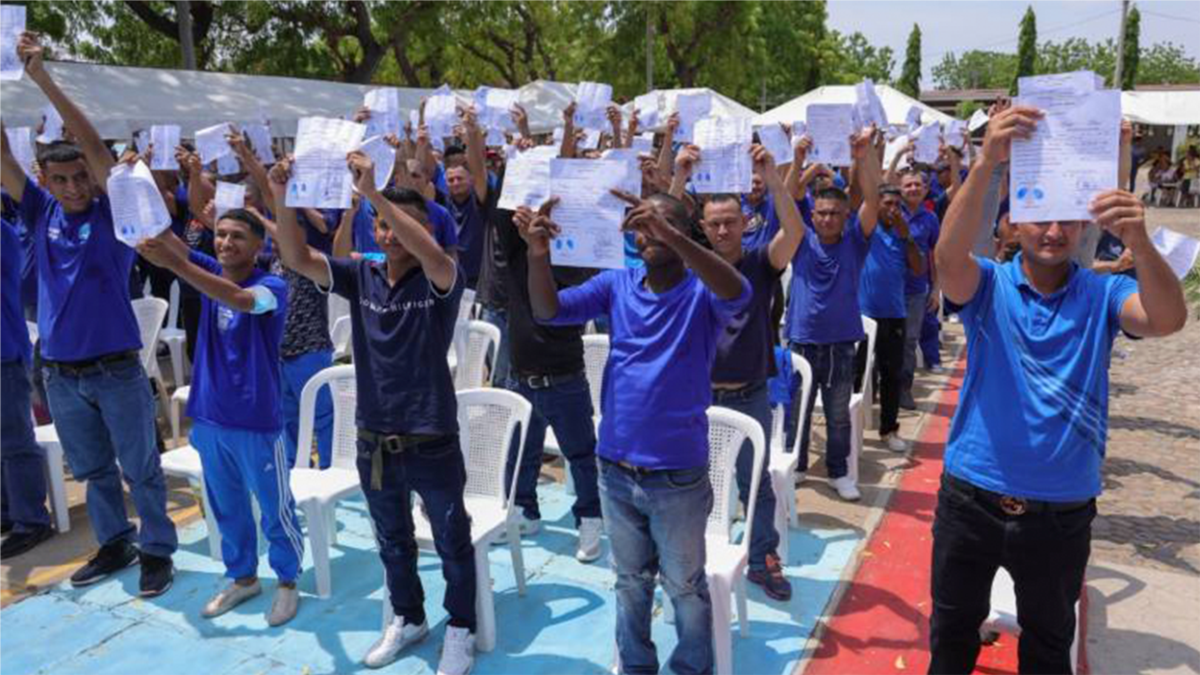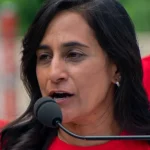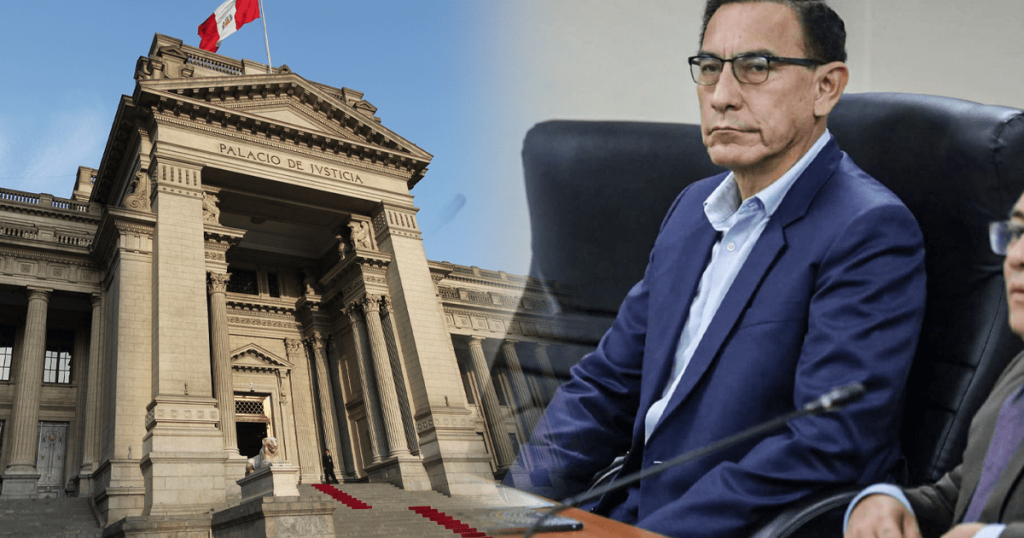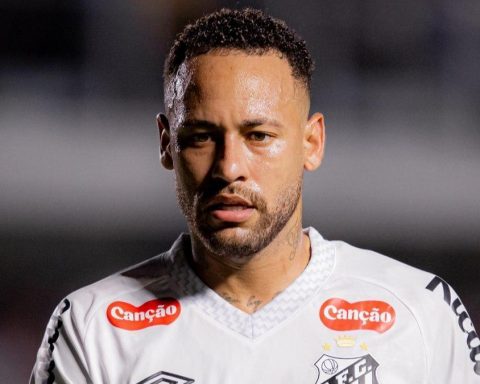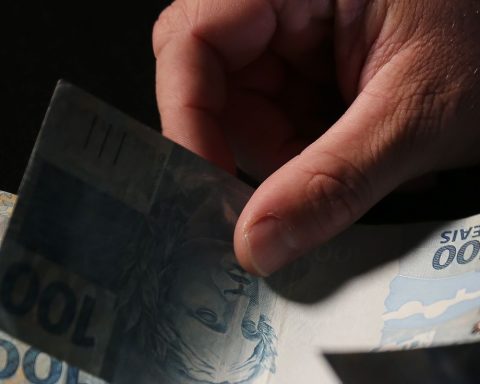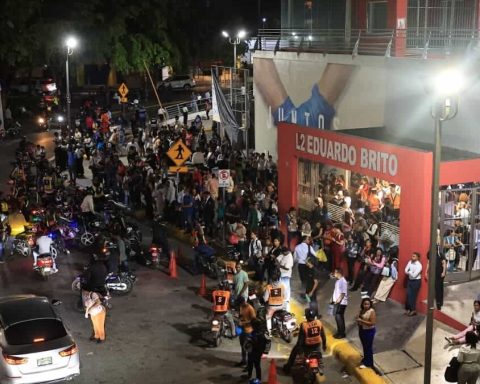Dereck José Gómez Tijerino had just turned 22 when he was murdered in early January of this year by Kevin José González Matamoros, a man who had been released from prison under the so-called “family coexistence” benefit granted by the government of Daniel Ortega in 2022.
At the time of his arrest, authorities said the man had a criminal record, but did not say how he was released.
A similar case occurred in late December 2022, when a released man stabbed his sister to death just eight days after leaving prison.
Such cases have been repeated constantly in Nicaragua since the authorities began the release of common criminals in this Central American country without, according to human rights experts and sociologists, providing adequate programs for their reintegration into society.
Sociologist and professor at the University of Costa Rica, Carlos Sandoval, explains that the fact that Daniel Ortega in Nicaragua imprisons his critics and releases common criminals “is a kind of authoritarian populism that finds different versions.”
On the one hand, critics say, the aim is to seek massive, populist support from released prisoners, while on the other, they seek ironclad control.
Eliseo Núñez, executive secretary and member of the Political Board of the Nicaraguan Democratic Concertation, known as Monteverde, mentions that if there is no process of reincorporation and rehabilitation, “no one” should be released from prison.
“Our society does not see prison as an area of rehabilitation, but rather an area of revenge. They send you to prison and society feels avenged for what the person did in prison. And the other extreme is that it is about releasing them, the ideal is to rehabilitate, so you don’t see it as revenge or freeing criminals,” says Núñez.
“Ortega is trying to do what Putin does in Russia. He releases prisoners to send them to war, in Nicaragua they release prisoners to support their political position,” says Núñez.
Since 2018, when the political crisis in Nicaragua arose, until July 2024, the government of Daniel Ortega has released more than 38,000 common prisoners, according to a compilation made by local media of data taken from announcements by the Ministry of the Interior.
Vice President Rosario Murillo has justified the release of common criminals and has railed against critics of her measures, saying that the actions seek to “recognize the rights of the humble.”
“I can already imagine the headlines in the tabloids, because those tabloid characters do not recognize the rights of the humble. Oh no, because they are humble, then they have no rights. Only those people who have attacked peace, who are theirs, their army of outlaws, have rights,” Murillo said on July 10, 2024 when justifying the release of common prisoners.
According to Núñez, another factor that must be taken into account is that prisons in Nicaragua must be more humane, with much greater educational content and sentences should definitely not exceed 30 years.
“What Ortega did about life sentences does not fit (with a rehabilitative model). It is very popular because people see it as a good thing, but it does not fit with the characteristics that have been given to our criminal law since 1976, which is that it is reforming, not vengeful,” concluded Núñez.
Life imprisonment was established in Nicaragua following a series of constitutional reforms and came into effect in January 2021.
Previously in Nicaragua the maximum penalty was 30 years in prison for any crime or the sum of sentences.
Connect with the Voice of America! Subscribe to our channelsYoutube, WhatsApp and to newsletter. Turn on notifications and follow us on Facebook, X and Instagram.
